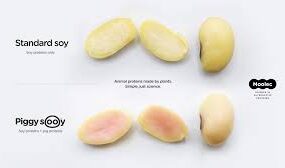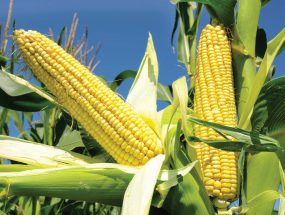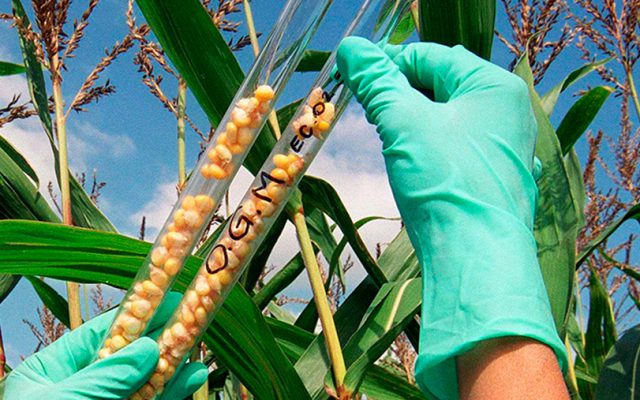After just nine years of commercialization, biotech crops have made a significant, positive impact on the global economy and environment, decreasing pesticide spraying and reducing the environmental footprint associated with pesticide use by 14 percent, according to a study released today.
“Since 1996, adoption of biotech crops has contributed to reducing greenhouse gas emissions from agriculture and decreased pesticide spraying,” said Graham Brookes, director of PG Economics, and one of the authors who conducted the study. “While greatly enhancing the way farmers in 18 countries produce food, feed and fiber, biotech crops have reduced the environmental footprint associated with agricultural practices. This study offers the first quantifiable global look at the impact of biotech crop production.”
The study, “GM crops: the global socio-economic and environmental impact — the first nine years 1996–2004,” reported that biotech crops contributed to significantly reduced greenhouse gas emissions from agricultural practices. This reduction results from decreased fuel use, about 475 million gallons in the past nine years, and additional soil carbon sequestration because of reduced plowing or improved conservation tillage associated with biotech crops. In 2004, this reduction was equivalent to eliminating more than 22 billion pounds of carbon dioxide from the atmosphere, or removing 5 million cars — one-fifth of cars registered in the United Kingdom — from the road for one year.
Biotech crops have reduced the volume of pesticide spraying globally by 6 percent since 1996, equivalent to a decrease of 380 million pounds according to the study. That’s equivalent to eliminating 1,514 rail cars of pesticide’s active ingredient. The largest environmental gains from changes in pesticide spraying have been from biotech soybeans and cotton, which have reduced the associated environmental footprint by 19 percent and 17 percent, respectively.
According to the study, the industrialized nations of the United States and Canada, as well as the developing nations of China, South Africa and Argentina, experienced the greatest reductions in the environmental impact of crop production.
“As the world is increasingly focused on the need to reduce greenhouse gas emissions, it is clear biotech crops are already making an important positive contribution to achieving this goal,” Brookes said.
In addition to environmental gains from biotech crops, substantial net economic benefits at the farm level have been realized. Since 1996, global farm income has increased by a cumulative total of $27 billion, derived from a combination of enhanced productivity and efficiency gains. This increase in farm income is equivalent to adding 3 percent to 4 percent to the value of global production of the four main biotech crops.
Herbicide-tolerant soybeans have generated the greatest gains at more than $17 billion in increased income, while biotech cotton farmers improved their income by $6.5 billion in the past nine years.
Growers in the United States and Argentina have reaped the greatest rewards, each gaining approximately $10 billion in the past nine years, while farmers in China have experienced a $4 billion income increase from planting biotech cotton.
In addition to the significant measurable benefits, valuable indirect benefits that are more difficult to quantify can be credited to biotech crop adoption. These include increased management flexibility, facilitating reduced tillage practices, reduced production risk and improved crop quality.
More than 8.25 million farmers in 18 countries around the world have adopted biotech crops, and 90 percent of those are resource-poor producers located in developing countries.
A full manuscript of the report is available at www.pgeconomics.co.uk. This study was compiled based largely on extensive analysis of existing farm-level economic impact data on biotech crops and additional primary analysis of the environmental impact from base data. A shorter version of the report has been peer reviewed and published in the Journal of Agrobiotechnology Management and Economics (AgbioForum). PG Economics are independent consultants specializing in the economic and environmental impact of technology in agriculture.










